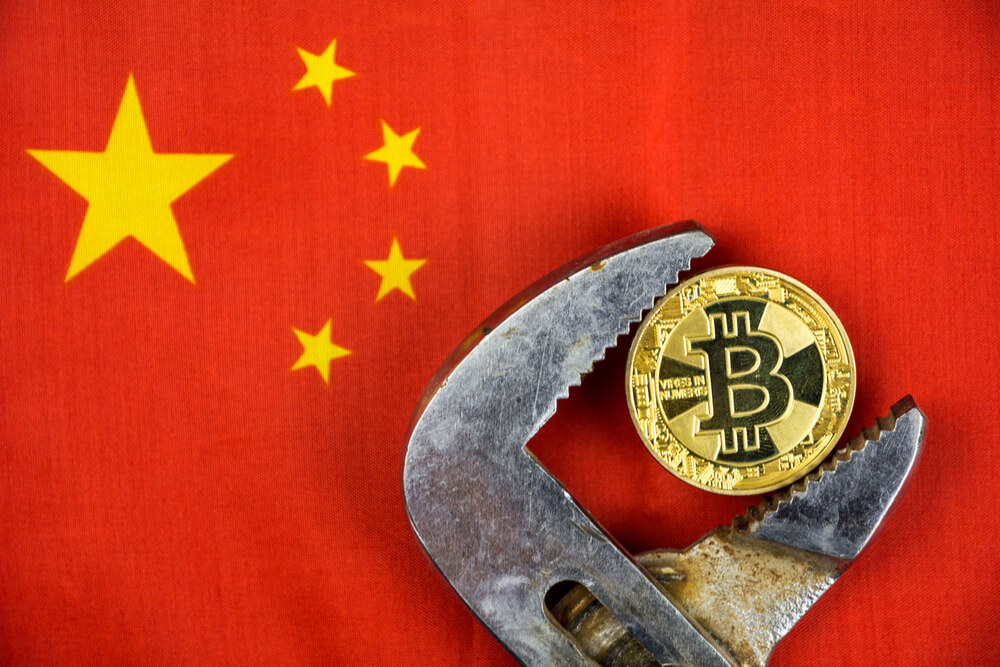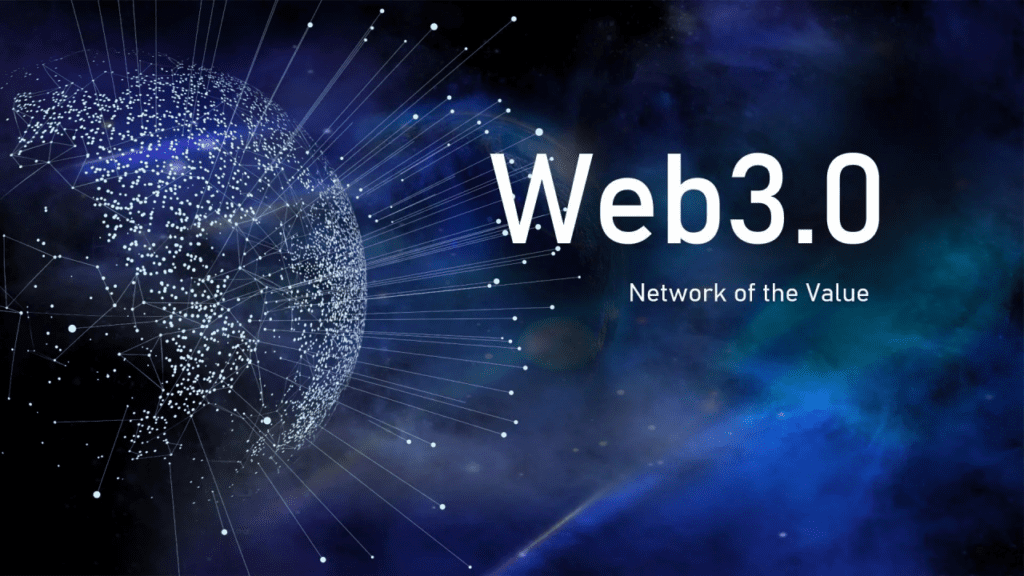Key Points:
- China is emerging as a major player in shaping decentralized technologies, making it a key influencer in the global landscape of Web 3.0.
- China’s robust blockchain infrastructure and wide adoption of digital currencies demonstrate its leadership in Web 3.0 development, with promising applications in sectors like supply chain management, intellectual property, and healthcare.
China’s commitment to Web 3.0 technology is positioning it as a key player in shaping the future of decentralized technologies worldwide.

As the world moves towards an interconnected and digital future, China’s dedication to embracing these advancements is opening new possibilities for individuals and driving economic growth.
Web 3.0 refers to the next generation of the internet, characterized by decentralized platforms, blockchain technology, and enhanced user control over data privacy. China, with its massive population and thriving tech industry, recognizes the potential of Web 3.0 to empower individuals and revolutionize various sectors, from finance to governance.
China’s central role in Web 3.0 development is exemplified by its robust blockchain infrastructure and widespread adoption of digital currencies. The country has made significant strides in blockchain technology, establishing research institutes and fostering collaborations between government, academia, and industry. Chinese companies are actively exploring blockchain applications in various sectors, such as supply chain management, intellectual property, and healthcare.

Moreover, China’s proactive approach to digital currencies is paving the way for a future where cryptocurrencies play a crucial role in the global economy. The country has been at the forefront of developing its own digital currency, the Digital Yuan, aiming to enhance financial inclusivity, improve efficiency, and reduce reliance on traditional banking systems.
China’s Web 3.0 initiatives extend beyond its borders. The Belt and Road Initiative (BRI), a massive infrastructure project connecting Asia, Europe, and Africa, incorporates digital connectivity as a core component. By integrating Web 3.0 technologies, China aims to facilitate cross-border transactions, enhance digital trade, and foster economic cooperation among participating countries.
The implications of China’s dedication to Web 3.0 are significant. By embracing decentralized technologies, the country is empowering individuals, enabling financial inclusion, and driving economic growth. It is also positioning itself as a global leader in the development and implementation of Web 3.0 applications.

However, as China accelerates its Web 3.0 efforts, it is important to address potential challenges, including data privacy concerns and regulatory frameworks. Striking a balance between innovation and security will be crucial to ensure the responsible and sustainable development of decentralized technologies.
As the world witnesses China’s unfolding developments in Web 3.0, it becomes clear that the country’s dedication to embracing decentralized technologies is shaping the global landscape. The exciting potential of Web 3.0 holds promises for empowering individuals, transforming industries, and fostering economic prosperity. As other nations observe these advancements, they too may recognize the need to actively participate in shaping the future of Web 3.0 to stay at the forefront of the digital revolution.
DISCLAIMER: The Information on this website is provided as general market commentary and does not constitute investment advice. We encourage you to do your own research before investing.
Join us to keep track of news: https://linktr.ee/coincu
Annie
Coincu News






















